The main purpose of writing this post is to burst a myth regarding CHOLESTEROL as most people think of it negatively. It plays a vital role in the functioning of the body. Your doctor may have advised you to lower your cholesterol level to keep your heart healthy. Yes, it is true but not completely. Cholesterol itself is not bad… in fact, not all cholesterol is bad for the body. Confused??
Let me make things clear. Before going further, better to understand what cholesterol is.
It is a waxy, fat-like substance which is naturally manufactured in the body, primarily by the liver but can also be taken in the form of food like meat, eggs and dairy products.

It is packaged inside an envelope of lipids(fat) with specific proteins on the inside to make up particles called lipoprotein. Cholesterol is oil-based and does not mix with the blood, which is water-based. So these lipoproteins act as transport vehicles and help in carrying different types of fats such as cholesterol, and triglycerides.
FUNCTIONS OF CHOLESTEROL IN OUR BODY
- Aids in the production of hormones like estrogen, testosterone and adrenal hormones.
- Helps in digestion by creating bile.
- Helps in maintaining healthy cell membranes.
- Acts as a precursor for the biosynthesis of vitamin D in the body.
Everyone age 20 or older should get it checked once every 5 years. This test is the Lipoprotein profile which measures,
- Total cholesterol (the total amount of cholesterol in your blood)
- HDL (high-density lipoprotein)
- LDL (low-density lipoprotein)
- Triglycerides (another fatty substance found in the body)

This is so deeply ingrained in our minds that it is bad for our health but in reality, it is not. Cholesterol is both our FRIEND and FOE. Check out how –
GOOD CHOLESTEROL (HDL)
High-density lipoprotein is considered GOOD cholesterol because having high levels can reduce the risk for heart diseases. HDL removes or cleans up the excess LDL (cholesterol and triglycerides) out of the cells, including the cells in the artery. It then reduces, reuses and recycles LDL by taking it back to the liver where it is broken down. So in this way, HDL works as a “Cholesterol Scavengers”.
There is an inverse relationship between HDL cholesterol and the risk of heart disease. In other words, high levels of HDL cholesterol are associated with low risk of heart disease and low levels are linked to high risk.
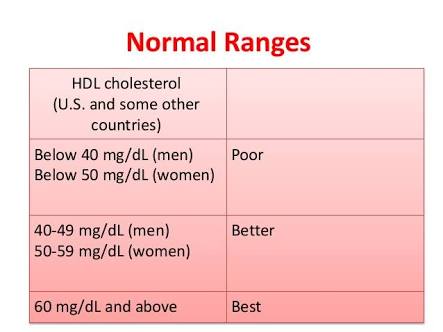
Sometimes, people with normal HDL cholesterol can have heart problems and people with low HDL levels can have healthy hearts. So cholesterol is not only responsible for causing heart diseases. There are several other factors like obesity, high BP, smoking, diabetes etc., that contribute to heart problems.
INCLUDE these foods to increase GOOD Cholesterol (HDL)
- Monounsaturated and Polyunsaturated fats are found in olives, peanuts and canola oils.
- Cold-water fish, such as salmon and sardines, are high in omega-3 fatty acids, which protect against heart disease.
- Nuts like almonds and pistachios contain powerful antioxidants, including lutein, which increases HDL and can decrease LDL. Make sure to choose raw or dry-roasted, unsalted varieties.
- Fibre-rich foods like oatmeal, barley, yam, fruits and vegetables.
- Protein-rich plant foods like legumes and beans.
BAD CHOLESTEROL (LDL)
Low-density lipoprotein (LDL) cholesterol is known as bad cholesterol because high levels can lead to plaque buildup in arteries and result in heart disease. Some LDL cholesterol tends to get deposited in the walls of blood vessels and form a thick, hard plaque that clogs the arteries and makes them less flexible( hard and narrow). This leads to a disease called atherosclerosis. LDL is referred to as bad cholesterol because it transports its fat molecules into artery walls, attracts macrophages, and thus drives atherosclerosis.
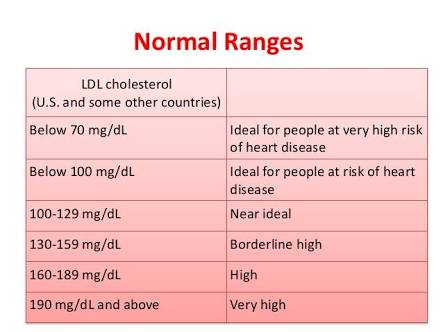
LDL particles tend to be less dense than other kinds of cholesterol particles. When high in number, they show no signs and symptoms so it is very essential to keep them within certain limits and get them checked timely.
AVOID these foods that increase BAD Cholesterol (LDL)
Saturated and Trans fats like :
- Fatty meats (Sausages, Salami and Red meat)
- Snack foods (Chips, Namkeen, Cake, cookies, Pastries etc.)
- Most takeaway foods especially deep-fried foods.
- Egg Yolks.
- Dairy products made from whole milk (cheese, butter)
ALSO READ: Tips To Control Sugar Cravings (SWEET TOOTH)
Now I would like to tell u in brief about TRIGLYCERIDES
It is another type of fat, attached to the proteins in your blood. It is used to store excess calories and carbohydrates from your diet into fat cells.
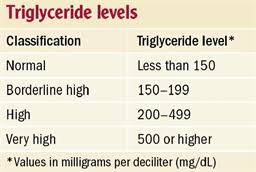
The combination of high levels of triglycerides with low HDL cholesterol or high LDL cholesterol increases your risk for heart attack and stroke.
ALSO READ: 12 Protein-Rich Food Sources For Vegetarians
In a nutshell, too much of one type or not enough of another can put you at risk for coronary heart disease and stroke. So it is very important to have normal or healthy levels of both types (HDL and LDL) of cholesterol.
The liver produces roughly 75% of the cholesterol in the human body. The remaining 25% comes from the food we eat.
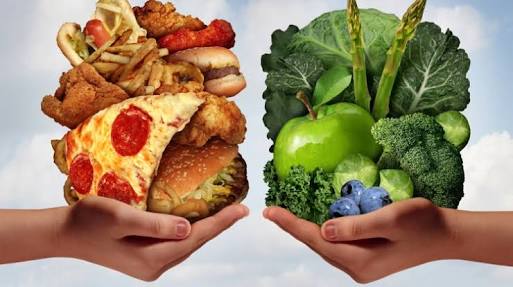
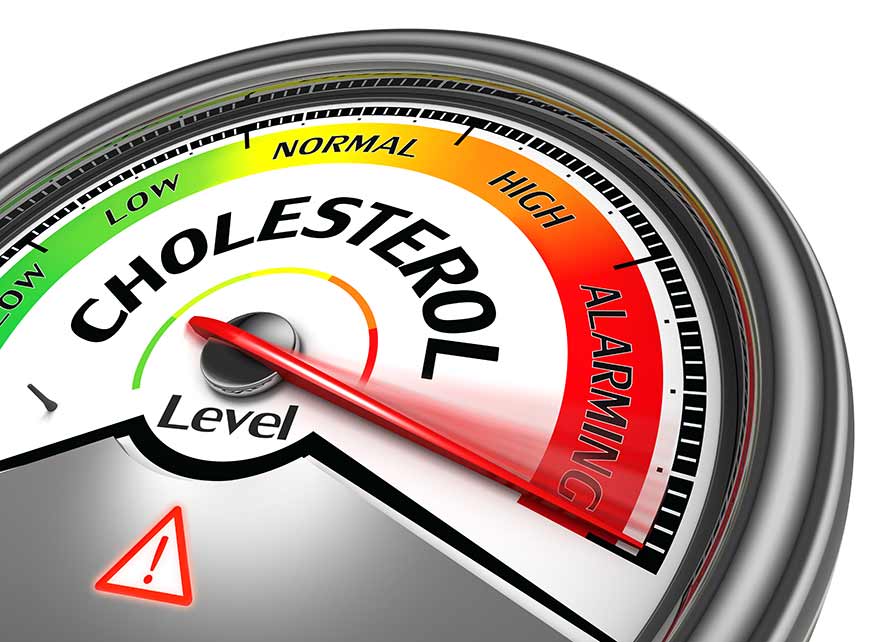
Dear Dr. Seema, I would like to thank you for sharing such an important and helpful information on cholestrol. Its true that non medical pole think that it is very bad for heah and generally we people avoid taking oily food. I would like to knowwhat is best for cooking food oil or ghee.
Please keep on sharing more articles as they are eye opener for a lot o myths.
Love
Ekta
Hello Dear, Thanks for your warming words. If you are looking for heart-healthy oils, go for UNSATURATED FATS like monounsaturated and polyunsaturated fats, found in (olive oil, sunflower oil, sesame oil, soyabean oil etc. and all the nut oils like groundnut oil, almond oil etc.) And strictly avoid SATURATED FATS found in (butter, coconut oil, palm oil etc.) Ghee has its own nutritional value when eaten in moderation.
Hello Dr. Seema It was Indeed a wonderful article and got valuable information about Cholesterol. Could you just tell the maximum no. of eggs and quantity of non veg, a person with high triglycerides have. Actually my husband has background of High Cholesterol and high triglycerides and he is fond of eggs and Non Veg.
Thanks a lot for such an informative Post.
Regards:
Rishu
Hello..
Let your husband enjoy eating eggs as they are highly nutritious. He can have 6 eggs per week. “Just avoid the yellow part (yolk)” as it is high in cholesterol. The way you prepare the eggs matters a lot. Make sure to use drier or oil free methods like Poaching, Boiling or Pan-frying with a cooking spray or very little oil. Avoid too much of butter or ghee. Same is the case with non veg, depends upon how you cook. He can have chicken (not fried) and fish such as salmon, which is high in heart healthy omega-3 fatty acids. But strictly avoid liver, red meats like beef, lamb, and pork which tend to contain more cholesterol.